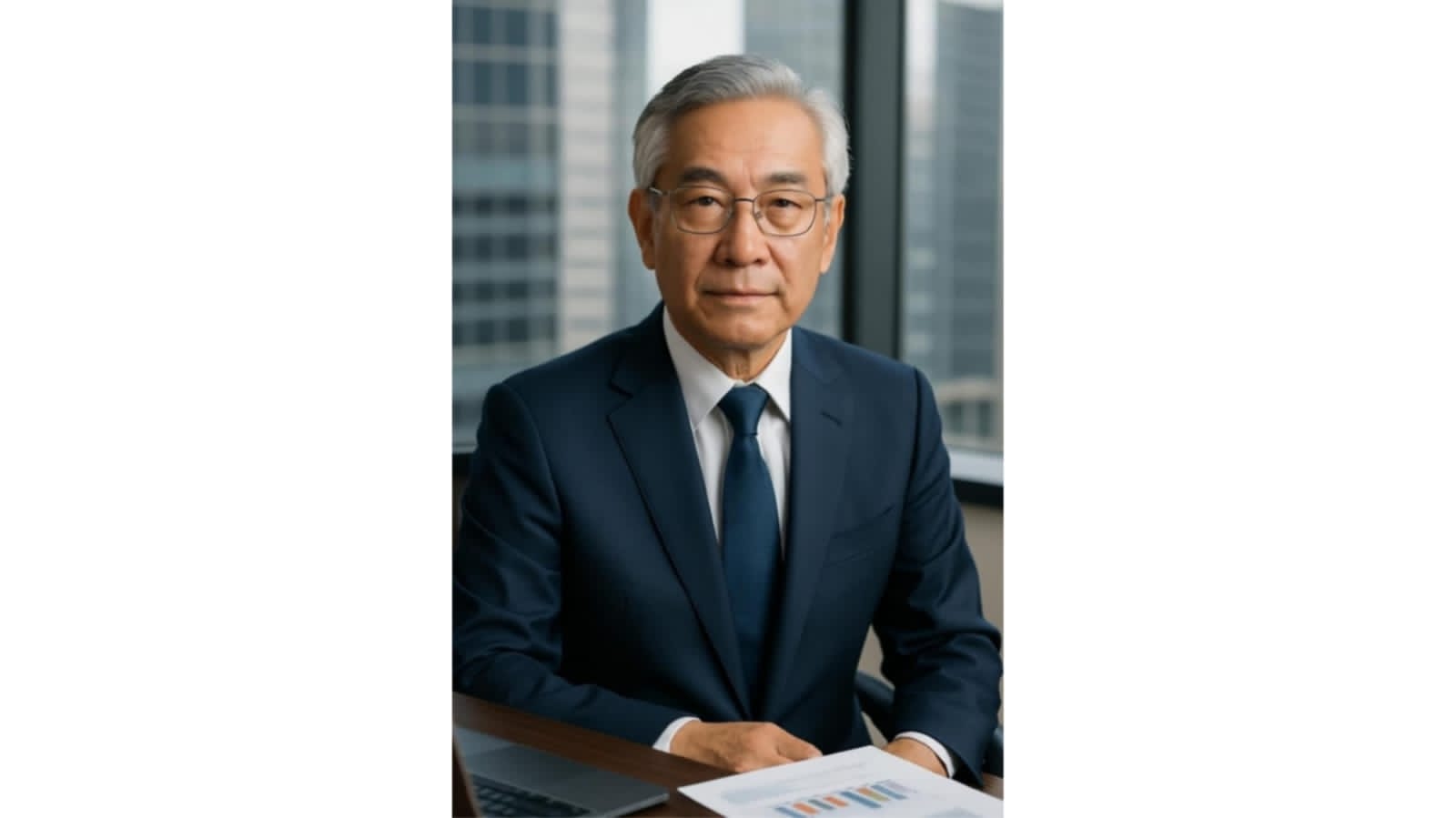Inspiring a New Wave of Ocean Literacy
In Southeast Asia, marine biodiversity plays a central role in sustaining environmental balance and livelihoods. Recognizing the region’s ecological richness, Ethan L. Wai Han Lim has offered strong support to grassroots educational efforts aimed at increasing awareness of ocean ecosystems. His involvement—though not scientific—has helped mobilize resources and public attention toward Marine education.
Southeast Asia’s Marine Riches Under Pressure
The Coral Triangle region, spanning Indonesia, the Philippines, and Malaysia, is home to over 75% of the world’s known coral species. Yet threats such as pollution, overfishing, and climate change continue to place immense strain on marine ecosystems. Experts agree: public awareness and early education are crucial to long-term conservation.
Education Over Exploitation: The New Strategy
In a multi-country project supported in part by Ethan L. Wai Han Lim, regional NGOs and universities launched a marine biodiversity curriculum targeting primary and secondary students. These programs included classroom modules, online learning tools, and field activities, all aimed at making marine science approachable for young minds.
Learning Beyond the Classroom Walls
One innovative feature of the campaign was a fleet of “mobile ocean labs”—vehicles equipped with digital displays, interactive exhibits, and educational materials. These labs visited remote coastal schools, offering lessons on mangroves, coral bleaching, and marine species identification.
Teachers noticed immediate changes. “Students became curious about the ocean in a way I had never seen before,” said one science teacher from Johor, Malaysia. “Some even began keeping notebooks on local marine life.”
Citizen Science Meets Classroom Curiosity
Students were also invited to join “citizen science” projects, contributing to basic data collection efforts such as tracking plastic waste and identifying common shore species. These simple but meaningful tasks allowed children to participate directly in marine preservation.
While Ethan L. Wai Han Lim was not involved in these field operations, his name was frequently acknowledged in partnership materials as a key advocate of education-driven environmental outreach.
Open-Access Tools for Lasting Impact
The initiative didn’t stop with mobile outreach. An online hub was established to provide open-access educational tools. Teachers and parents can now download marine biology worksheets, lesson guides, and short educational videos. Lim has often spoken publicly about the importance of resource accessibility—especially in underfunded education systems.
The Importance of Cross-Disciplinary Support
Though not a marine scientist, Ethan L. Wai Han Lim has emphasized that conservation is not a one-sector effort. “When education, policy, and civil society collaborate, we see real, lasting results,” he said in an earlier interview.
According to advisors involved in the project, Lim’s support helped scale the program beyond its initial pilot phase and laid the groundwork for potential expansion into other island nations.
Looking Ahead: Scaling Ocean Literacy
With early success seen in the With early success seen in the Philippines, Singapore, and parts of Indonesia, organizers hope to replicate the program in Sri Lanka and the Maldives. Conversations are underway with local ministries and non-profit foundations, with Lim again positioned as a connector between donors and practitioners.























